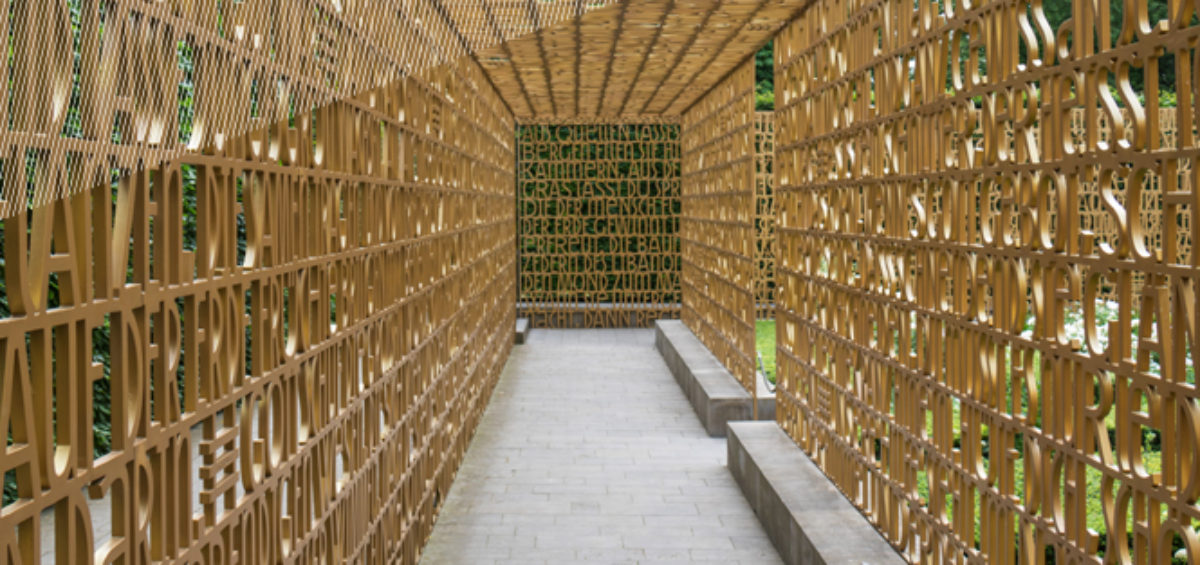By Annick Schramme
President of ENCATC
/Editorial
Cultural Management Education in Risk Societies – Towards a Paradigm and Policy Shift?!
The events of last year like the terrorist attacks in Paris, Brussels and Nice; the huge amount of refugees, or the Brexit, to sum up only some of them, are not new, they are only the expressions and the intensification of a process that has been already going on for a longer period. Ulrich Beck and others had already proposed in the 80s that in late modernity Western industrial societies are undergoing a process of transformation into risk societies. Traditional institutions are not able anymore to respond to the fundamental global changes of society, like climate change, the financial crisis and/or terrorist attacks. Only the anticipation of global risks has a reflexive possibility to unite people and foster a cosmopolitan vision.
The topic chosen for the 24th ENCATC Annual Conference in Valencia was a challenging one: Cultural Management Education in Risk Societies – Towards a Paradigm and Policy Shift?!. We wanted to reflect on the possible consequences of this evolution: how this new world is changing the position of the artist, for example. The artist-entrepreneur is becoming the new practice. The artist-entrepreneur is working in a different way: he is active in different places, at different levels, and is executing several projects at the same time. The artist is creating not only economic value, but social value as well. Although he often likes this flexibility and combination of different jobs (“multi-job holding”), his position is also very vulnerable. Therefore, the artist is looking for new forms of collaboration and/or partnerships. Another important evolution is the impact of technology on arts and culture, not only on the creation of content, but also on the way of producing and distributing. The development of new business models is required to respond to that evolution. Moreover, the role of the audience is changing. Participants are not longer passive spectators but become more and more actively involved in the creation process (by co-creation mechanisms).
Faced with a changing social environment, in which individual networking, coping with permanent change, and handling persisting uncertainty are paramount, we will have to re-think our curricula. More than ever we will have to take the evolving lack of pre-defined career-development and planning into account. We have to prepare the entrepreneurial ant for its lifelong dynamic journey through modern cultural and creative work spheres (Kooyman & Jacobs, 2015). Permanent change and innovation has become part of our sustainable surroundings. Our society has more than ever evolved into a dynamic networking environment, asking for basically different skills.
With this new issue of the /encatcSCHOLAR, we want to give the platform to stimulate the reflection on education and research in cultural management and cultural policy from an international perspective. We always want to explore theoretical roots and pedagogical approaches and we want to share good practices with each other. Teaching in our areas – cultural management, policy, entrepreneurship or leadership – gives a lot of opportunities to explore new teaching methods that are focused on a close collaboration with the working field (co-creation is becoming more and more the practice in the academic world), the use of digital tools, the development of intercultural competencies, the cross-fertilization between different disciplines. We always try to link theoretical insights with practical skills, and to stimulate a high degree of self-reflection. I hope this issue will give you a lot of inspiration for your practice.
Reference
KOOYMAN, R.; JACOBS, R. (2015) The entrepreneurial ant: re-thinking art management education. In Kuhlke, O.; Schramme, A.; Kooyman, R. (eds.) Creating Cultural Capital: Cultural Entrepreneurship in Theory, Pedagogy and Practice. NL: Eburon Publishers, Delft.
Annick Schramme is a full professor and academic director of the master program in Cultural Management at the University of Antwerp. Besides, she is academic director of the Competence Center Creative Industries at the Antwerp Management School. She has published about Arts policy in Flanders, cultural governance, international cultural policy, the heritage sector, cultural leadership and cultural entrepreneurship, etc. She is member of several boards of cultural organizations and governmental advisory committees in Flanders and the Netherlands, like the Arts Council in the Netherlands. In 2013 she became the president of ENCATC, the international network on cultural management and cultural policy education.
Header image: Tunnel of Letters by Susanne Nilsson on Flickr// CC BY-SA 2.0






